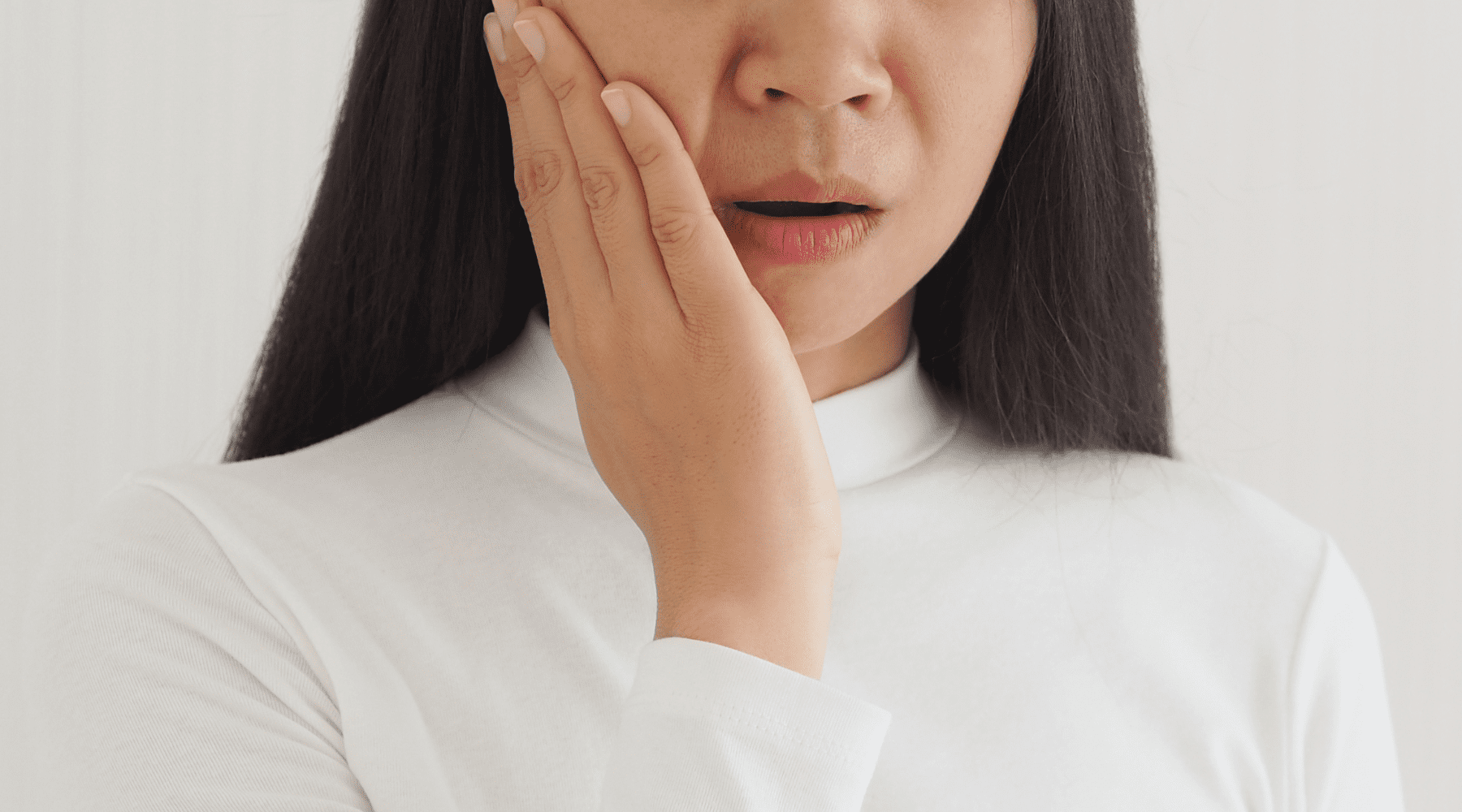Ash & Roberts, DDS Treats TMD With Neuromuscular Dentistry
Centralia Dentist | Chehalis Dentist
Our teeth, joints, muscles, and nerves all work together in the proper alignment and functioning of our jaw. When any part of this delicate equation is overlooked or ignored, painful conditions such as temporomandibular disorder (TMD) and other serious dental problems can develop.
What is TMJ?
Temporomandibular joint TMJ (tem-puh-roe-man-DIB-u-lur) are hinge joints on both sides of the face, in front of the ears, that connect the lower jawbone to the skull. It is the joint that is in charge of opening your mouth. It allows you to move your jaw up, down, and side to side so you can talk, chew, and yawn.
What is TMD?
TMD is a temporomandibular joint disorder and refers to any TMJ dysfunction. Many people use both terms (TMJ and TMD) interchangeably. TMJ disorders occur when the muscles and ligaments around the jaw become inflamed and irritated.
According to this study, about 12 percent of Americans experience TMD pain at any one time. Of that, women are more often affected than men. 9 women to every one man will experience severe pain and restricted jaw movement.
When there is a TMJ disorder, it can cause an extraordinary amount of pain. Most TMJ patients clench or grind their upper and lower teeth, causing the face and muscles that control the jaw to tighten and the culprit of facial pain.
What Causes TMD?
It can be challenging to understand the exact cause of TMD. Common symptoms come from various factors, like genetics, arthritis, or a jaw injury that has damaged the cartilage or bones.
Other causes can be:
- Grinding or clenching your teeth puts a lot of pressure on the joint.
- Movement of the soft disc between the ball and socket of the joint
- Stress causes tightening in the facial and jaw muscles.
The Inclusive Approach Of Neuromuscular Dentistry to Treat TMD
Neuromuscular dentistry differs from traditional dentistry. It has focused consideration of the muscles and nerves and the correct position of the jaw. This inclusive approach can help treat TMD and provide more comfortable and longer-lasting solutions to related dental treatments such as dentures and smile makeovers.
Hard and soft tissues have a complex relationship. We work to make that relationship harmonious. If your jaw is misaligned, you may be experiencing these TMJ symptoms:
- Headaches/migraines
- Facial pain and discomfort
- Back, neck, and shoulder pain
- Sensitive and sore teeth
- Numbness and tingling in your fingers and arms
- Problems sleeping
- Trigeminal neuralgia
- Fibromyalgia
- Depression
- Jaw pain
- Limited jaw movement
- Worn or cracked teeth
- Clicking or popping in the jaw joints
- Pain while chewing or speaking
- Ringing in your ears
What Should I Expect From a Neuromuscular Dentistry Appointment?
Your neuromuscular appointment for TMJ starts with a thorough examination. Your Chehalis and Centralia dentist will:
- Listen to and feel your jaw opening
- Identify any areas of discomfort or pain
- Observe how well you can move your jaw
- Take dental X-rays or, if needed, a CT scan or MRI to get a better look at the teeth, jawbone, and muscles
Depending on the diagnosis, your Centralia dentist may recommend medications to help relieve tooth grinding that causes pain. Or you may be prescribed muscle relaxants for short-term relief of muscle spasms. For other patients, simply taking over-the-counter pain relief medication and using ice packs and heat therapy can help reduce swelling.
In addition to medication, neuromuscular dentistry can include an oral splint or mouth guard to keep the jaw relaxed and help stabilize it to prevent teeth grinding. Other nonsurgical neuromuscular treatments can consist of:
- Physical therapy
- Counseling to cope with stress
- Relaxation techniques
- Correct factors that lead to teeth clenching or grinding.
Get Neuromuscular Treatment from your Chehalis and Centralia Dentist
TMD affects millions of people’s oral health. Your Centralia dentists have received special training to address TMD problems and reduce pain using the inclusive approach to neuromuscular dentistry. This treatment utilizes modern technology to precisely determine the jaw’s proper positioning and place it into its optimal position, which can help relieve the symptoms associated with TMD.
If you have symptoms like those listed above, take a minute and schedule an appointment with our neuromuscular dentist in Centralia, WA. We’d be happy to visit with you about the benefits of neuromuscular dentistry. Call us at (360) 736-8380

